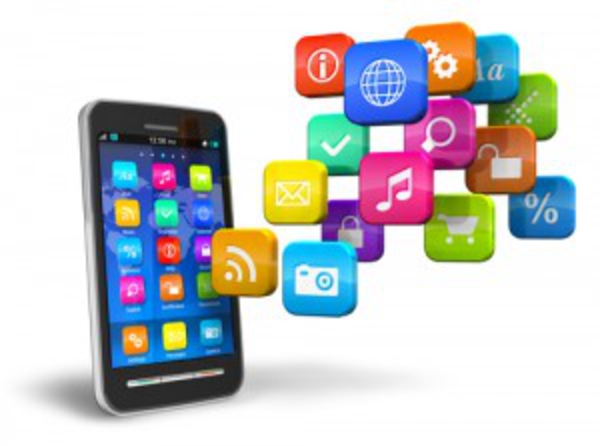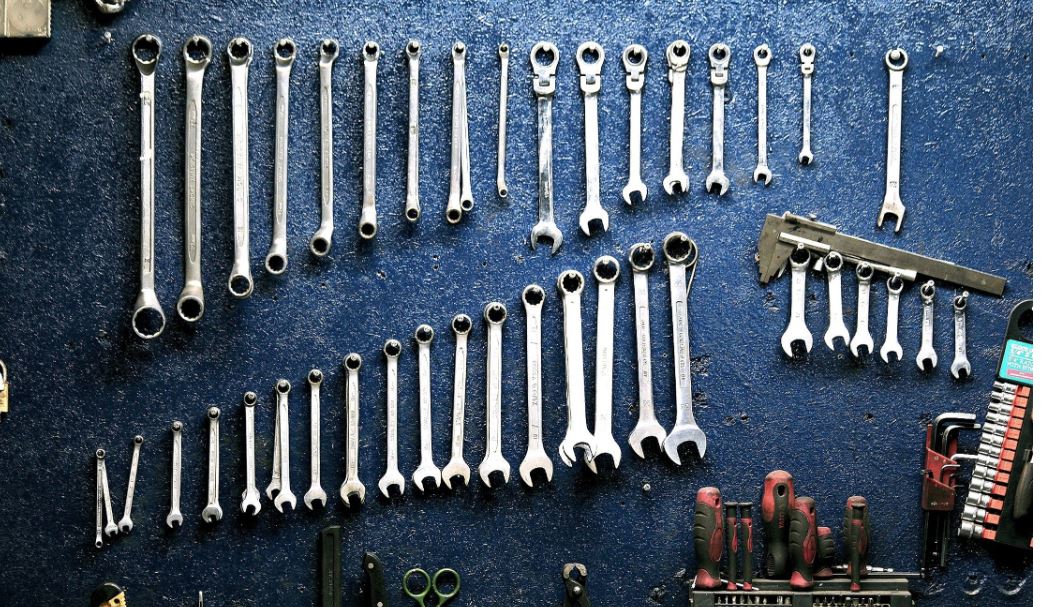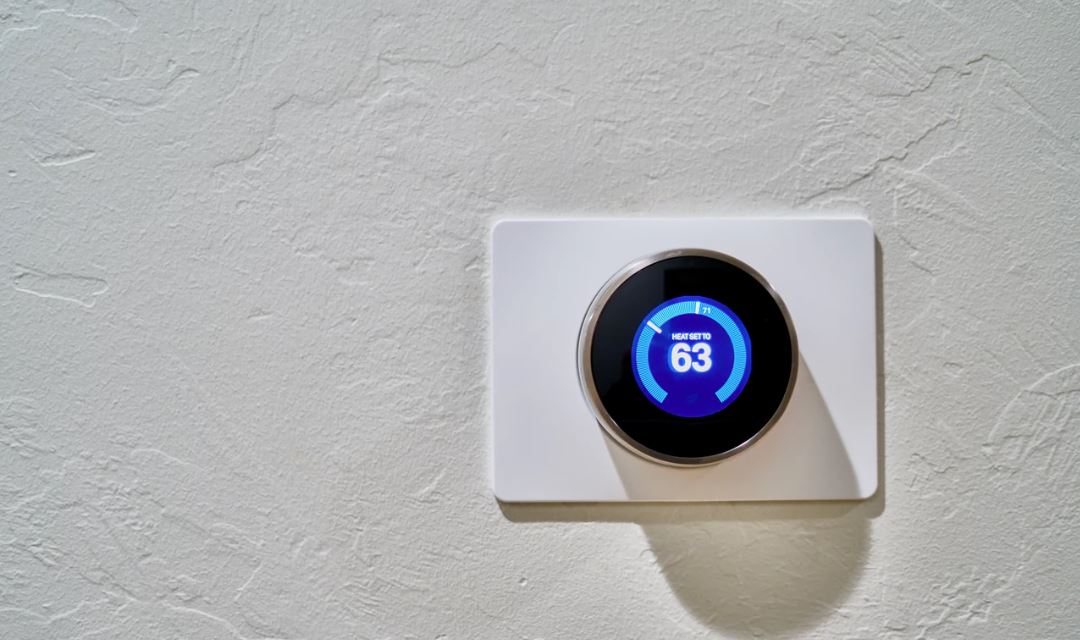It’s easy to become cynical about the planet’s longevity. It seems as though every day that there’s a new prognosis on how long the earth’s natural resources will last and it’s never very positive. However, it’s important to remember that there are plenty of people working on small-scale solutions to make the world a better place. Here are some of the more intriguing inventions that you might not have heard about…
- A urine-powered generatorThis year, at the Maker Faire Afrika, Lagos, four teenaged girls unveiled their invention – a generator that produces six hours of electricity for every litre of urine. The city of Nigeria suffers from frequent blackouts and Duro-Aina Adebola (14), Akindele Abiola (14), Faleke Oluwatoyin (14) and Bello Eniola (15) decided to do something about it. Their generator has an electrolytic cell which converts the urea in urine to nitrogen, water and hydrogen. The converted hydrogen is then pushed through a water filter for purification and then passed through a cylinder of liquid borax which is used to remove all the moisture. Then, the purified hydrogen gas is pushed into a generator, which produces electricity.
This may sound like an elegant solution for power shortages and indeed the inventors are to be commended for their ingenuity and scientific acumen but Geraldine Botte, a chemical engineer at Ohio University and the inventor of the electrolytic cell that underpins the generator’s success has questioned the possibility of the generator’s mainstream use, noting that the conversion process is highly unstable, combustible and produces an uncertain amount of wattage. However, Botte did see the process as a potential way to make wastewater treatment a more self-sustaining and energy-efficient in that the urea being extracted from the water can be used to power the extraction process itself. Not bad for a school project! - A Digital Swear BoxThe office swear jar is a perennial classic – an efficient and always effective of raising money for charity. And what’s more profane than the internet? The digital marketing agnecy We Are Many has utilised the web propensity for filth by inviting Twitter users to sign up to the SwearJar project. Once you’re signed up, the application makes a note of every time you use profane language or, if you’re more inclined to abuse it, ‘business’ language and, at the end of the week, sends you a report that lays out every f-bomb and egregious use of ‘synergy.’ The app then suggests you pay £1 for every instance as well as every profane retweet. The tongue-in-cheek campaign is spearheaded by the 50/50 Good project, a coalition of 50 digital projects designed to raise money to help UNICEF fight famine in East Africa, a region where 12 million people are seriously at risk of dying of starvation
- AUG Living Goods ProgramThis innovative smart phone app allows anyone who worries about their carbon footprint to scan any barcode at the supermarket and receive up-to-date information about the product’s provenance, producer, how far it’s travelled and detailed consumer reviews. It’s easy to make informed choices when the information is at your fingertips – you need never eat out-of-season produce again. That broccoli? ZAP: massive carbon footprint. Seeya, you stupid fake tree. Those apples? Locally produced. C’mon, hop in my shopping cart! This could be you, manically zapping and talking to vegetables. For you see, technology is both useful and makes us act out our neurosis in ways that are entertaining for others. Whether you’re laying down a blue streak of fury on Twitter or peeing into a generator funnel, know that you’re always potential Reddit fodder as well as a compassionate being. The internet giveth and the internet taketh away. Long may it reign.
Featured images:
- License: Creative Commons image source
Sara Buckenham blogs about technology, philanthropy and finding voluntary sector jobs.





